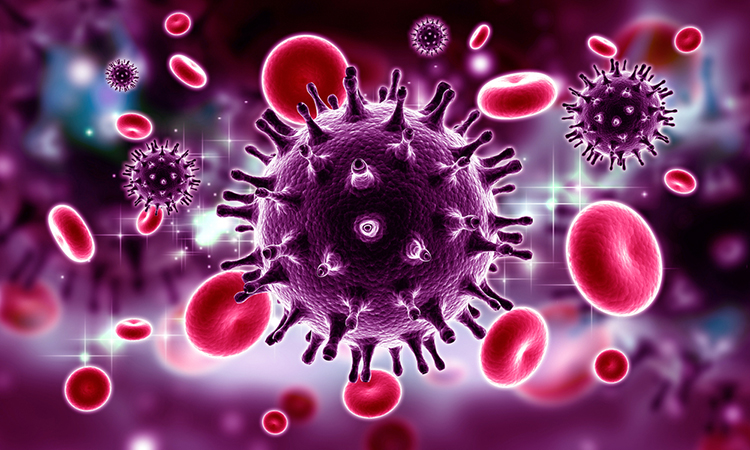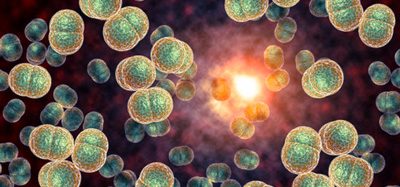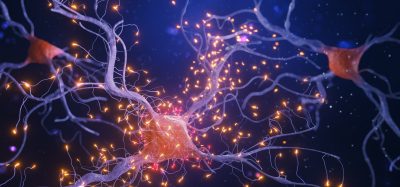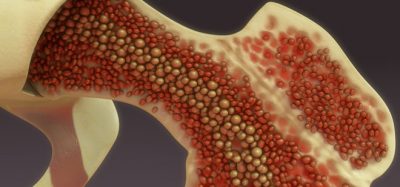HIV antibody 04_A06 almost neutralises all strains
Posted: 9 October 2025 | Drug Target Review | No comments yet
A newly discovered antibody, 04_A06, has shown unprecedented effectiveness against HIV, neutralising 98.5 percent of tested strains and permanently suppressing the virus in humanised mice.


A new study led by the University of Cologne has discovered an antibody that could majorly advance the fight against HIV. The newly identified antibody, 04_A06, proved to be particularly effective in laboratory tests, neutralising 98.5 percent of more than 300 different HIV strains – making it one of the broadest antibodies against HIV ever identified.
In experiments with humanised mice – animals whose immune system has been modified to resemble that of humans – 04_A06 permanently reduced the HIV viral load to undetectable levels. Most other HIV antibodies only achieve short-term effects in this animal model, as resistance develops quickly.
The challenge of HIV antibodies
Antibodies are protein molecules of the immune system that specifically attack pathogens. Identifying an effective HIV antibody is notoriously difficult, as the virus is constantly mutating. Many antibodies can only block certain variants of the virus.
Biomarkers aren’t just supporting drug discovery – they’re driving it
FREE market report
From smarter trials to faster insights, this report unpacks the science, strategy and real-world impact behind the next generation of precision therapies.
What you’ll unlock:
- How biomarkers are guiding dose selection and early efficacy decisions in complex trials
- Why multi-omics, liquid biopsy and digital tools are redefining the discovery process
- What makes lab data regulatory-ready and why alignment matters from day one
Explore how biomarkers are shaping early drug development
Access the full report – it’s free!
The researchers in this study examined blood samples from people referred to as ‘elite neutralisers’ whose immune systems fight the virus with effectiveness.
The researchers in this study examined blood samples from people referred to as ‘elite neutralisers’ whose immune systems fight the virus with effectiveness. The team produced more than 800 antibodies from over 5,000 individual B lymphocytes and tested their effectiveness. The 04_A06 antibody surpassed all others in terms of potency and breadth as determined by neutralisation assays.
“With 04_A06, we have discovered an antibody that not only has an exceptionally broad activity but also overcomes the virus’s typical resistance mechanisms. This could open a promising approach for future clinical applications of antibodies against HIV,” says Dr Lutz Gieselmann, a physician scientist at the Institute of Virology and first author of the study.
Unique structure offers key advantage
Structural analysis of the 04_A06’s antibody revealed that it possessed an unusually long amino acid chain that reaches areas of the viral target that are often difficult to access. These areas are highly conserved and likely difficult for the virus to change without losing functionality. This structural advantage may explain why 04_A06 maintains its antiviral properties against CD4bs viral escape variants, which otherwise cause other antibodies to lose effectiveness.
Potential for prevention and treatment
Beyond laboratory tests, the researchers used computer models to evaluate 04_A06’s potential in preventing HIV infection. The models predicted that a single administration of 04_A06 could offer over 93 percent protection in clinical applications.
Overall, the antiviral properties of 04_A06 suggest its use as a promising approach for both treating people living with HIV and preventing infection in those at heightened risk.
Related topics
Antibodies, Antibody Discovery, Antifungal Therapies, Assays, Drug Discovery Processes, Immunology, Molecular Biology, Translational Science, Virology
Related conditions
HIV
Related organisations
the University Cologne








